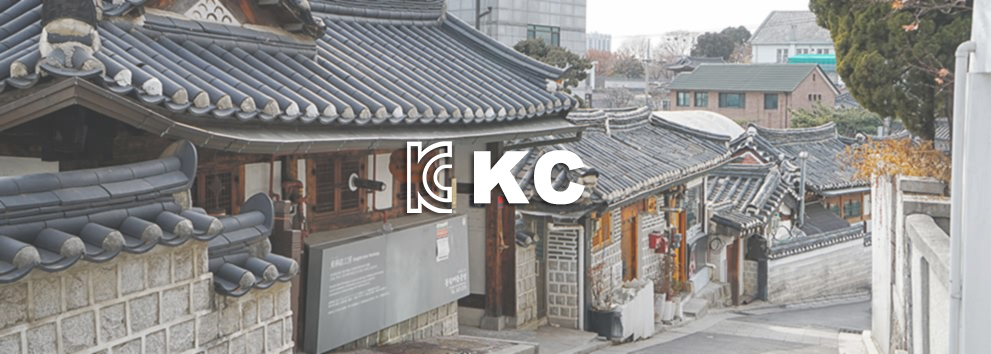Summary of the changes of IMDG CODE 40-20(2021)
Summary of the changes of IMDG CODE 40-20(2021),
KC Certification,
▍What is KC?
Since 25th Aug., 2008,Korea Ministry of Knowledge Economy (MKE) announced that the National Standard Committee will conduct a new national unified certification mark — named KC mark replacing Korean Certification during the time between Jul. 2009 and Dec. 2010. Electrical Appliances safety certification scheme (KC Certification) is a mandatory and self-regulatory safety confirmation scheme according to Electrical Appliances Safety Control Act, a scheme which certified safety of manufacture and sale.
The difference between mandatory certification and self-regulatory (voluntary) safety confirmation:
For the safe management of electrical appliances, KC certification is divided into mandatory and self-regulatory (voluntary) safety certifications as the classification of danger of product.The subjects of Mandatory certification is applied to electrical appliances which its structures and methods of application may cause serious dangerous results or obstacle such as fire, electric shock. While the subjects of self-regulatory (voluntary) safety certification is applied to electrical appliances which its structures and methods of application can hardly causes serious dangerous results or obstacle such as fire, electric shock. And the danger and obstacle can be prevented by testing the electrical appliances.
▍Who can apply for KC certification:
All legal persons or individuals both at home and abroad who are engaged in manufacturing, assembly, processing of electrical appliance.
▍Scheme and method of safety certification:
Apply for KC certification with product’s model that can be divided into basic model and series model.
In order to clarify model type and design of electrical appliances, an unique product name will be given according to its different function.
▍ KC certification for Lithium battery
- KC certification standard for lithium battery:KC62133:2019
- Product scope of KC certification for lithium battery
A. Secondary lithium batteries for use in portable application or removable devices
B. Cell is not subject to KC certificate whether for sale or assembled in batteries.
C. For batteries used in energy storage device or UPS (uninterruptible power supply), and their power which is greater than 500Wh are beyond the scope.
D. Battery whose volume energy density is lower than 400Wh/L comes into certification scope since 1st, Apr. 2016.
▍Why MCM?
● MCM keeps a close cooperation with Korean labs, such as KTR (Korea Testing & Research Institute) and is able to offer the best solutions with high cost performance and Value-added service to clients from the point of lead time, testing process, certification cost.
● KC certification for rechargeable lithium battery can be gained by submitting a CB certificate and convert it into KC certificate. As a CBTL under TÜV Rheinland, MCM can offer reports and certificates which can be applied for conversion of KC certificate directly. And the lead time can be shortened if applying CB and KC at the same time. What’s more, the related price will be more favorable.
Amendment 40-20 edition(2021) of the IMDG Code which may be used on an optional basis from 1
January 2021 until it becomes mandatory on June 1 2022.
Note during this extended transitional period Amendment 39-18 (2018)can continue to beused.
The changes of the Amendment 40-20 harmonised with the update to Model regulations, 21st edition.
Below are some brief summary of the changes relatied with batteries:
Class 9
2.9.2.2 – under Lithium batteries, the entry for UN 3536 has lithium ion batteries or lithium
metal batteries inserted at the end; under “Other substances or articles presenting a danger during
transport…”, the alternate PSN for UN 3363, DANGEROUS GOODS IN ARTICLES, is added; the previous
footnotes regarding applicability of the Code to the referenced substance and articles have also been
removed.
3.3- Special Provisions
SP 390- – applicable requirements for when a package contains a combination of lithium
batteries contained in equipment and lithium batteries packed with equipment.
Part 4:Packing and Tank Provisions
P622,applying to waste of UN 3549 transported for disposal. P801,applying to batteries of UN 2794, 2795 and 3028 has been replaced.
Part 5:Consignment procedures
5.2.1.10.2,– the size specifications for the lithium battery mark have been amended and slightly
reduced and can now be square in shape. ( 100*100mm / 100*70mm)
In 5.3.2.1.1, unpackaged SCO-III is now included in the requirements to display a UN Number on
the consignment









